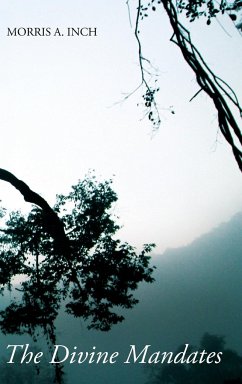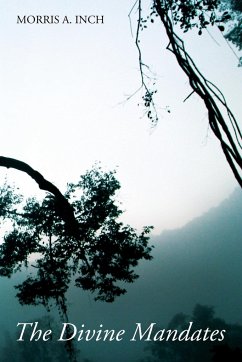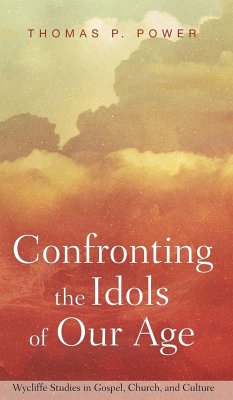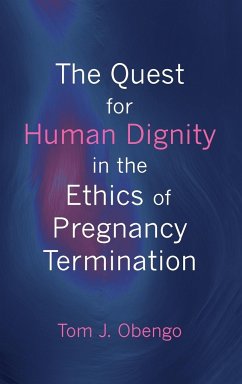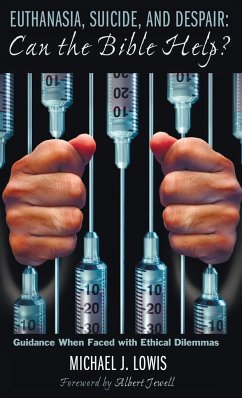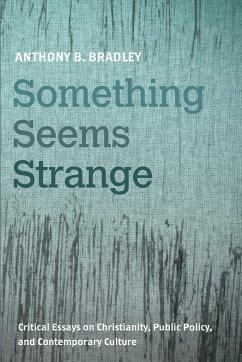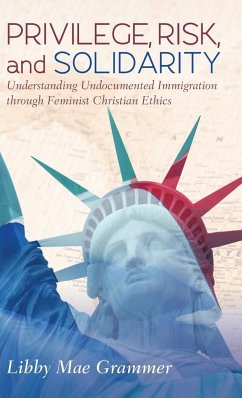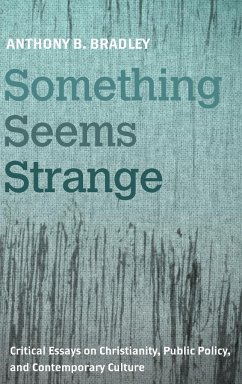Two rival analogies compete for our attention: the law of the jungle, and the sacred canopy. As for the former, life consists of the survival of the fittest. As for the latter, the divine mandates serve as a framework for social ethics. This is in keeping with the conviction that we live in God's world, by his grace, and for his glory. The first major segment consists of a paper trail, where the topic is explored in context of biblical narrative. The second discusses the four traditional mandates, as pertains to labor, family, government, and church. The third touches on the endowments, with reference to life, liberty, and the pursuit of happiness. All things considered, the text is calculated to contribute to a Christian world and life view. In greater detail, the mandates serve in a dual capacity. Obviously, to establish the credentials for select social institutions, but also by insisting persons to comply with legitimate social obligations. Meant to superintend God's creation, humans continue to fall short of their appointed task. Along with the diminishing of God's glory. Calling for a commitment to the divine mandates, and their extended implications.

